The Federal Government has approved the sum of N8.64 billion as part of counterpart funding for the Presidential Power Initiative (PPI), which is also known as the Siemens Project.
This was disclosed by one of the media aides of President Muhammadu Buhari, Tolu Ogunlesi via his Twitter handle on Wednesday.
According to him, the approval of Phase 1 of the PPI includes projects in transmission, distribution, metering, simulation & training.
He said, “This Phase 1 focused on “quick-win” measures to increase the end-to-end operational capacity of Nigeria’s electricity grid to 7 GW. Transmission projects proposed under Phase 1 include 132/33 kV Mobile Substations; 132/33 kV(60 MVA) Transformers, and Containerized GIS Substations.”
Structure of the PPI funding:
- 85% from a consortium of banks, guaranteed by the German government through credit insurance firm, Euler Hermes.
- 15 % of FG’s counterpart funding.
- 2–3 years moratorium.
- 10–12 years repayment, at concessionary interest rates.
Back story: In May, Nairametrics reported when President Buhari directed the Ministries of Power, Finance, and the Bureau of Public Enterprise (BPE) to conclude the nation’s engagement with Siemens AG over the regular power supply.
The directive was to start the pre-engineering & concessionary financing aspects of the Presidential Power Initiative (PPI). PPI is a power infrastructure upgrade and modernization Programme agreed to by the Federal Government and Siemens AG of Germany, with the support of the German Government. The ultimate goal of the initiative, according to the government, is to modernize and increase the Nigerian electricity grid capacity from its current capacity of about 5 GW to 25 GW, over three phases.
How it works: Under the PPI, Nigeria on behalf of the other shareholders in the Electricity Distribution Companies (DisCos), will invest in infrastructure upgrades in the form of improved payment systems, distribution substations, transformers, protection devices, smart meters, and transmission lines among others.
The President explained that all DisCos have, directly and through the BPE, been diligently carried along over the last 15 months to understand in detail the challenges in the electricity systems.
Funding: The funding for the PPI will be secured under concessionary terms (up to 3-year moratorium and 12-year repayment at concessionary interest rates) through the German Euler Hermes cover, which Nigeria will on-lend as a convertible loan to the other shareholders in the DisCos.
According to the statement, President Buhari has approved the release of funding for the first part of Phase 1 of the PPI, to kick-off the pre-engineering and concession financing workstreams.
“There will be significant opportunities for Local Content on this project; for Nigerian companies to take part in the Site Surveys & Soil Investigation Civil Works, Supply of Smart Meters, Data Center Hosting, Power System Modelling,” he added.
This bit particularly exciting: There will be significant opportunities for Local Content on this project; for Nigerian companies to take part in the following:
Site Surveys & Soil Investigation
Civil Works
Supply of Smart Meters
Data Center Hosting
Power System Modelling
Etc— Tolu Ogunlesi, MON (@toluogunlesi) July 29, 2020
Siemens will begin pre-engineering works for the transmission, distribution and meter data management systems (MDMS) infrastructure across the country, to enable the development of a functional, efficient and reliable electricity grid system. Comprehensive studies and power system analysis software for the Nigerian utilities are also included.
Onyeche Tifase, Managing Director Siemens Nigeria, said, “This contract is one important step as part of the development of vital electrification infrastructure that will ensure reliable power supply, remove constraints in Nigeria’s electricity grid, secure additional revenue for investors, and build competent local content and capacity.”
According to him, the Phase 2 will target the remaining network bottlenecks to enable full use of existing generation and distribution capacities, bringing the systems operational capacity to 11,000 MW. “Phase 3 will develop the system up to 25,000 MW in the long-term. This includes upgrades and expansions in both generation, transmission and distribution,” he added.
Meanwhile, if the project scales through without political interference, it is expected to create vital direct and indirect jobs for Nigerians and local businesses, thus enabling economic growth and increased productivity, based on the supply of reliable electricity.

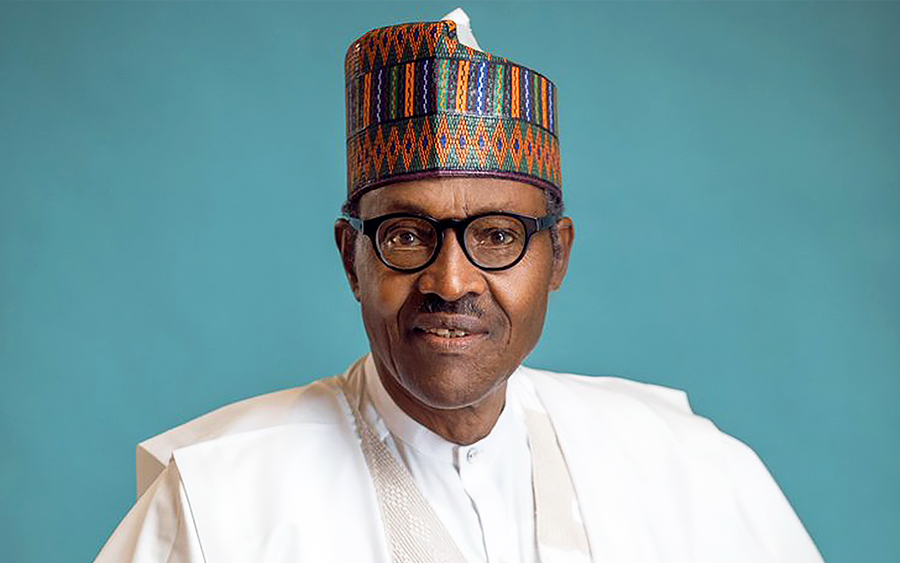

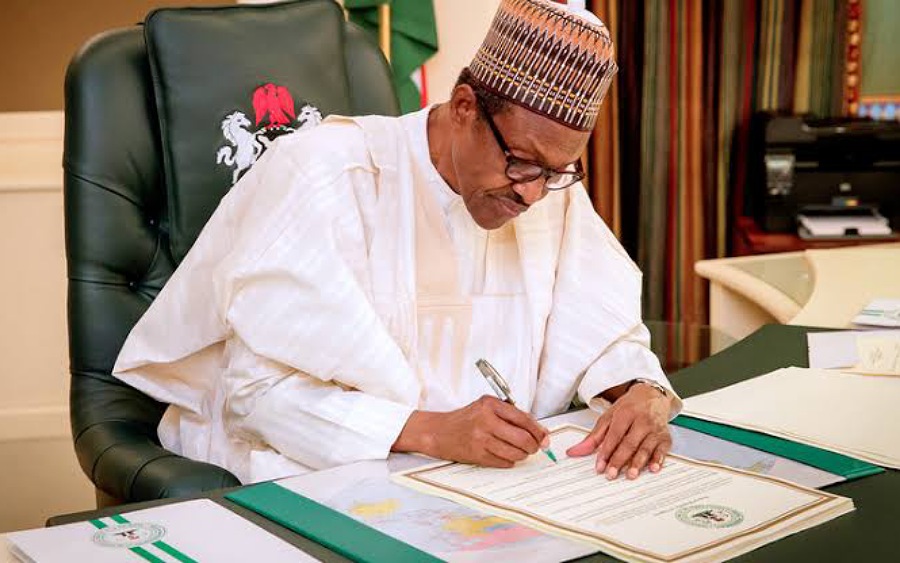




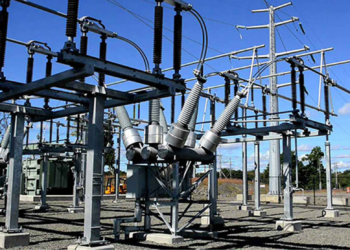
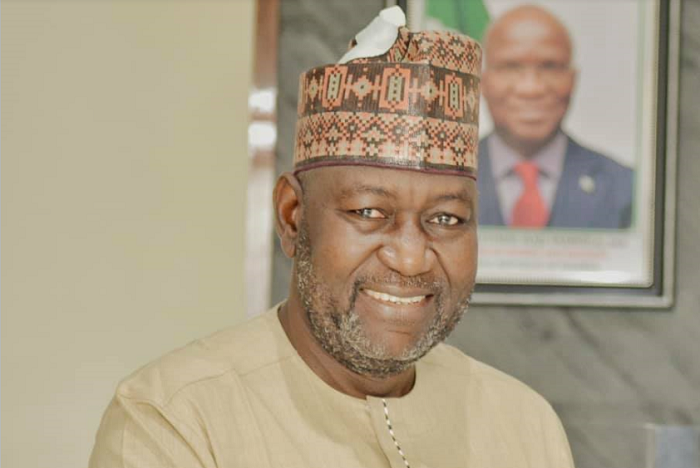
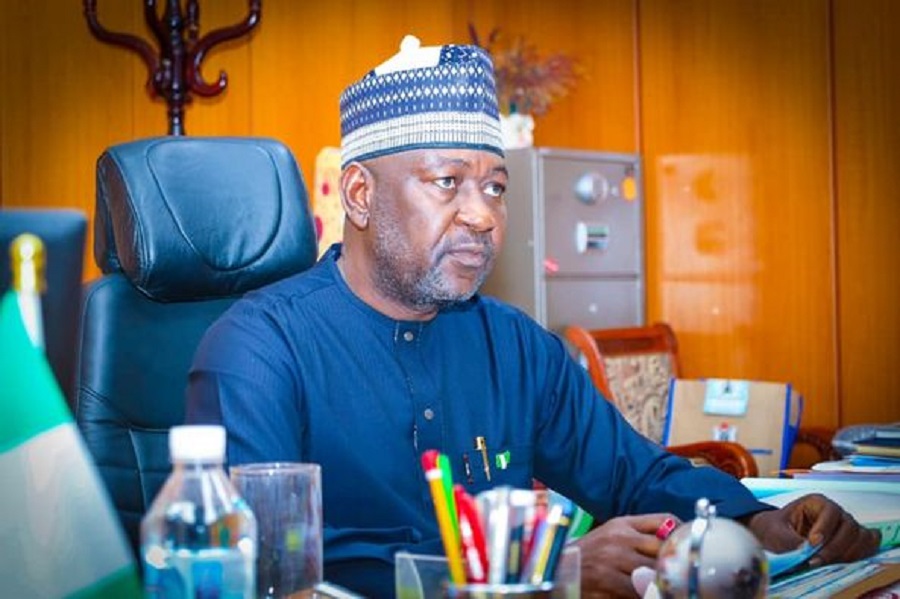
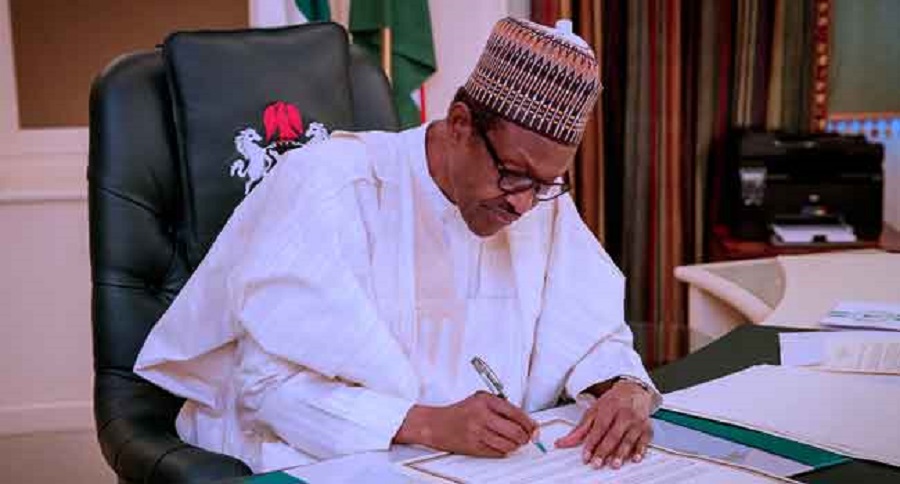

.gif)






